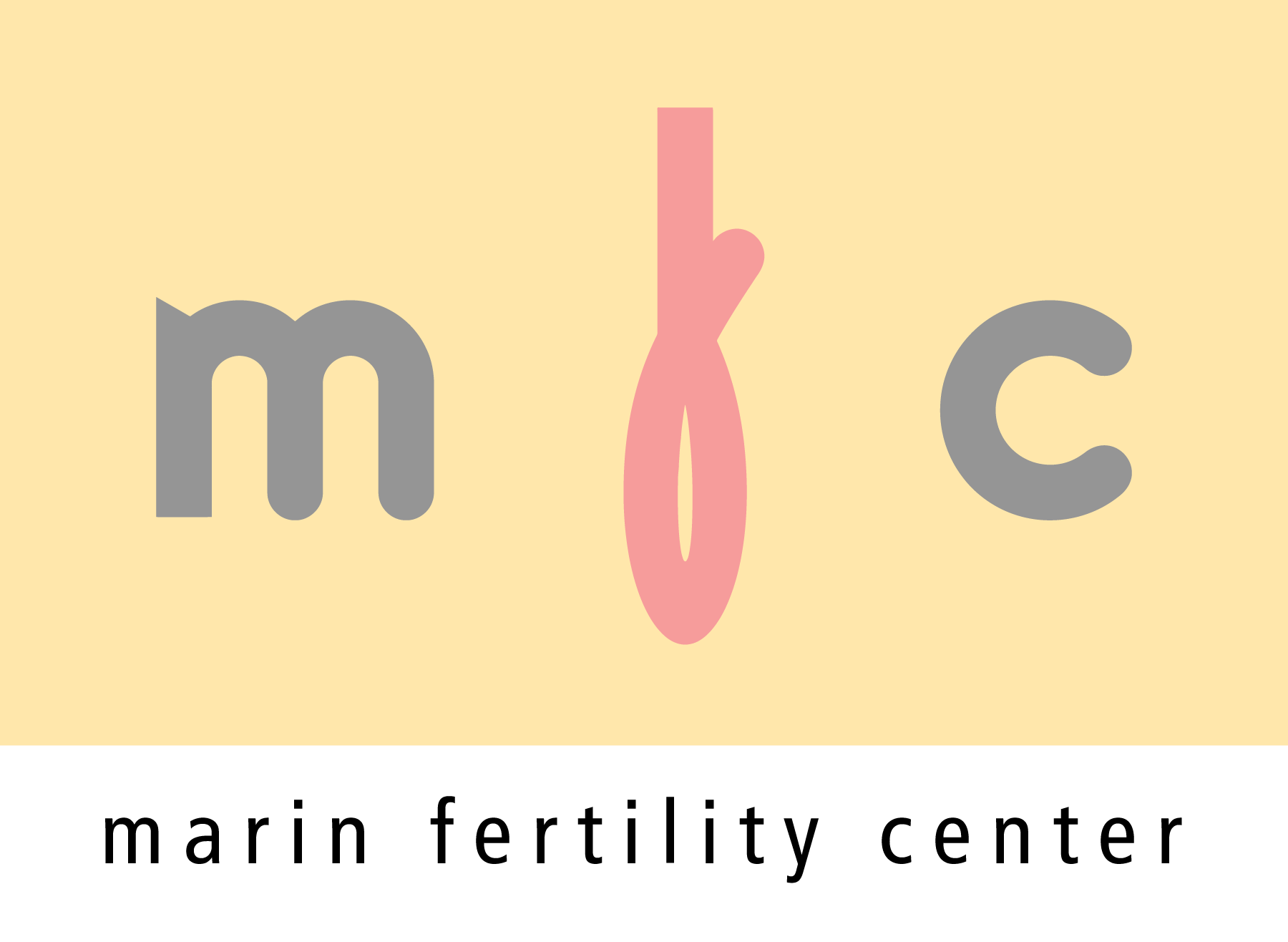Sleep and Fertility

The Connection Between Sleep and Fertility
We all know how important sleep is for our overall health, but did you know that it also plays a vital role in fertility? Just like nutrition, exercise, and stress management, sleep is one of the pillars that supports reproductive health for both women and men.
Why Sleep Matters for Fertility
- Hormone balance: Sleep helps regulate key hormones that influence ovulation, such as luteinizing hormone (LH), follicle-stimulating hormone (FSH), and estrogen. Poor sleep can disrupt the delicate timing of ovulation.
- Melatonin’s role: Melatonin (the sleep hormone) not only helps you fall asleep, but also protects eggs from oxidative stress. Lower melatonin levels may impact egg quality.
- Men’s fertility too: In men, sleep influences testosterone production, which is essential for healthy sperm count and motility. Sleep deprivation has been linked to lower sperm quality.
- Stress and sleep connection: Lack of sleep can raise cortisol levels, which may interfere with reproductive hormones and make it harder to conceive.
Sleep and IVF: Why Rest Matters Even More
When you’re going through IVF, your body is under unique physical and emotional stress. Adequate sleep can support your body’s response to treatment in several important ways:
- Hormone regulation during stimulation: IVF medications work by stimulating your ovaries to produce multiple eggs. Sleep plays a role in regulating reproductive hormones, so poor sleep could impact how your body responds to these medications.
- Egg quality and maturation: Melatonin, the hormone that helps you sleep, is also present in the ovarian follicle fluid and is thought to protect eggs during development. Low melatonin from poor sleep may affect egg quality.
- Embryo implantation: Consistent, high-quality sleep supports immune balance and reduces inflammation, both of which are important for a receptive uterine lining.
- Emotional resilience: IVF can be physically and emotionally demanding. Sleep helps regulate mood, lower stress, and improve your ability to cope with the ups and downs of treatment.
- Male partners in IVF: For male partners providing a sperm sample, sleep can influence sperm count and motility. Prioritizing sleep in the weeks leading up to retrieval may support stronger results.
How Much Sleep Do You Need?
Most adults benefit from 7–9 hours of quality sleep per night. It’s not just about the number of hours, but also consistency—going to bed and waking up at similar times helps regulate your body’s internal clock.
Tips for Fertility-Friendly Sleep
- Treat sleep like part of your fertility “treatment plan.” Make it a priority, just as you would medications and appointments.
- Create a calming bedtime routine (limit screens, try gentle stretching or meditation).
- Keep your bedroom cool, dark, and quiet.
- Cut back on caffeine, especially after noon.
- Talk to your doctor before trying any sleep supplements while undergoing IVF or fertility treatment.
Bottom Line
Sleep may not always get the spotlight when it comes to fertility, but it is a key factor in creating the best environment for conception—naturally or through IVF. Prioritizing rest can support hormone balance, egg and sperm quality, and overall well-being during your fertility journey.
At Marin Fertility Center, we believe in caring for the whole person—mind, body, and spirit. If you’d like to learn more about how lifestyle factors like sleep can support your treatment, we invite you to connect with our team.
